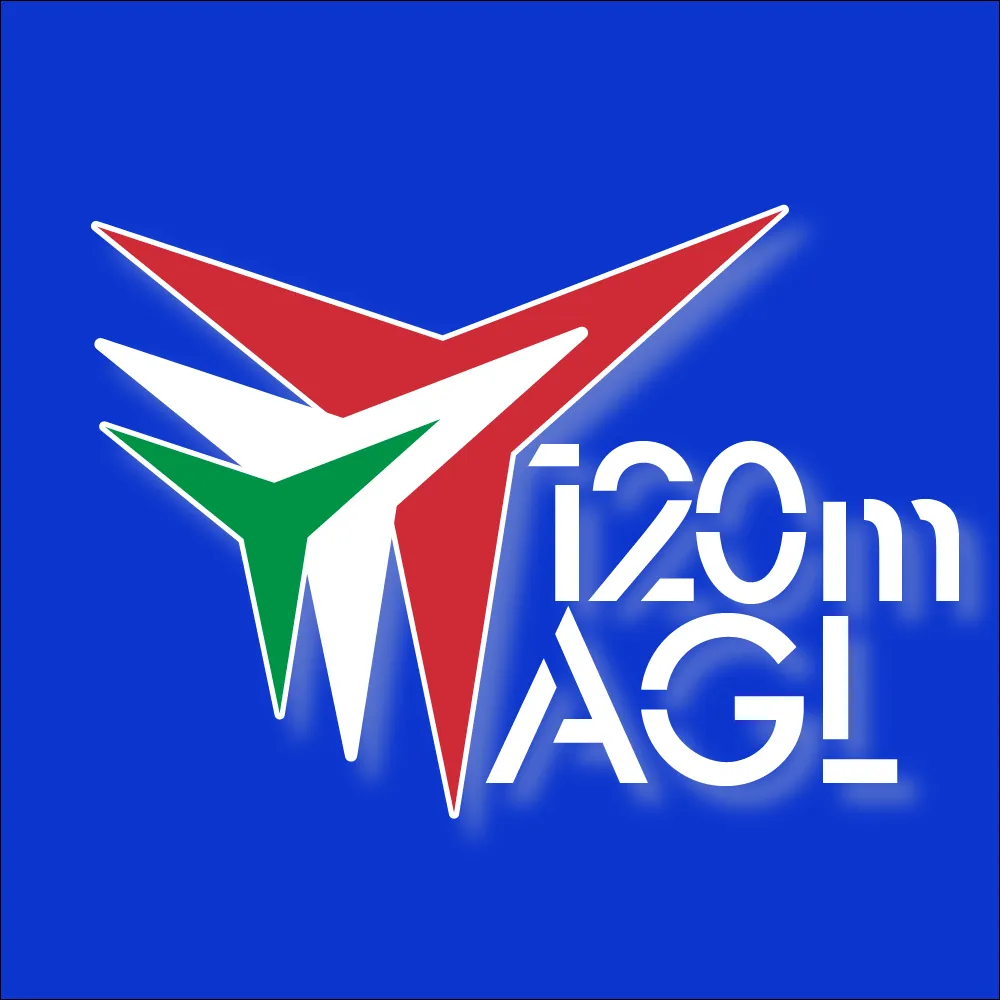Frequently Asked Questions about UAS Maintenance and Inspection
Frequently Asked Questions about UAS Maintenance and Inspection
1. Do I need a license to fly a drone in the 'open' category?
Yes, you need to complete an online training course and pass an exam to obtain a Remote Pilot Certificate. This is mandatory for flying drones in the 'open' category (Reg 2019/947 Art. 11).2. What are the maintenance requirements for my drone?
Drones must undergo regular maintenance to ensure airworthiness, particularly if they are certified. Key maintenance requirements include:- Regular inspections
- Component checks
- Compliance with manufacturer guidelines (Reg 2024/1107 Art. 4).
3. How do I perform a pre-flight inspection according to EASA regulations?
A pre-flight inspection should include:- Checking battery levels and condition
- Inspecting propellers for damage
- Verifying that all systems are operational.
4. What if I want to fly near an airport?
You must request permission from the relevant air traffic control authority and ensure you maintain a minimum distance from the airport. Always check the specific airspace restrictions in your area (Reg 2019/947 Art. 14).5. How often should I inspect my drone?
You should inspect your drone before every flight and perform more in-depth checks regularly, typically after every 20 flights or after any hard landing (Reg 2019/947 Art. 12).6. What happens if my drone crashes due to maintenance failure?
If a crash occurs due to negligence in maintenance, you may face penalties and potential legal action. Ensure compliance with maintenance guidelines to mitigate risks (Reg 2019/947 Art. 12).7. Can I perform maintenance on my own drone?
Yes, as a pilot, you can perform basic maintenance on your drone. However, for complex repairs, especially on certified drones, it is advisable to consult a professional (Reg 2024/1109 Art. 5).8. What are the consequences of not maintaining my drone?
Failing to maintain your drone can lead to malfunctions, crashes, and legal penalties. Compliance with maintenance standards is critical for safety and legality (Reg 2019/947 Art. 12).9. How do I keep records of my drone maintenance?
You should maintain a log that includes:- Dates of inspections
- Types of maintenance performed
- Any repairs made.
10. What are the specific requirements for commercial drone operations?
Commercial operators must comply with stricter regulations, including obtaining a specific operational authorization and following detailed maintenance and inspection protocols (Reg 2019/945 Art. 10).11. Can I modify my drone?
You may modify your drone, but any changes must comply with EASA regulations and should be documented. Significant modifications may require re-certification (Reg 2024/1108 Art. 3).12. What if I lose my drone during a flight?
If your drone is lost, you must report it to the relevant authorities, especially if it poses a risk to other aircraft or people. Compliance with local regulations is essential (Reg 2019/947 Art. 23).13. How can I ensure my drone is compliant with EASA regulations?
Regularly review EASA guidelines and ensure all maintenance logs and inspections are up-to-date. Consider joining a local drone pilot community for shared knowledge (Reg 2019/947 Art. 12).14. What should I do if I see a safety issue with my drone?
Immediately cease operations and address the safety issue. If necessary, consult a certified technician for repairs. Safety is paramount (Reg 2019/947 Art. 12).15. How do I stay updated on changes to drone regulations?
Regularly check the EASA website and subscribe to newsletters from trusted drone organizations like 120mAGL. Regulations can change, and staying informed is crucial for compliance (Reg 2019/947 Art. 12).Safety Reminder: Always prioritize safety and adhere to EASA regulations to ensure responsible drone operation. Disclaimer: This is educational content and not legal advice. Regulations may change; always verify with official sources. For complete requirements, consult official EASA documentation. For more information, visit 120mAGL's resources and stay updated on European drone regulations.
EASA Regulatory Compliance Notice
This content is for educational purposes only and is based on EASA regulations current at the time of generation.
Always consult the official EASA documentation and your local aviation authorities for the most current regulations and legal compliance requirements before operating any UAS.

